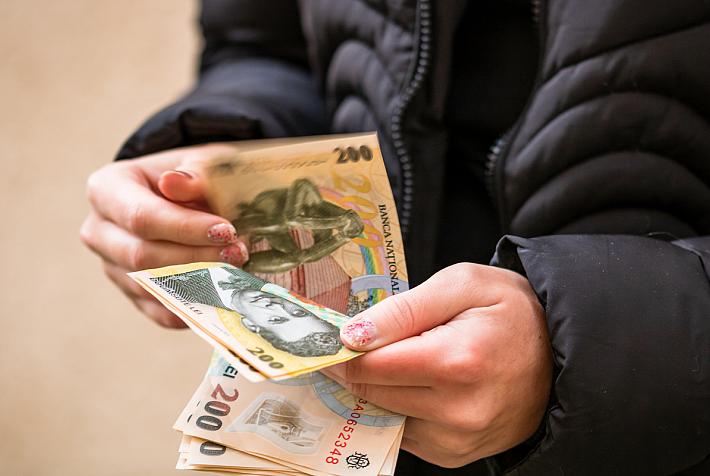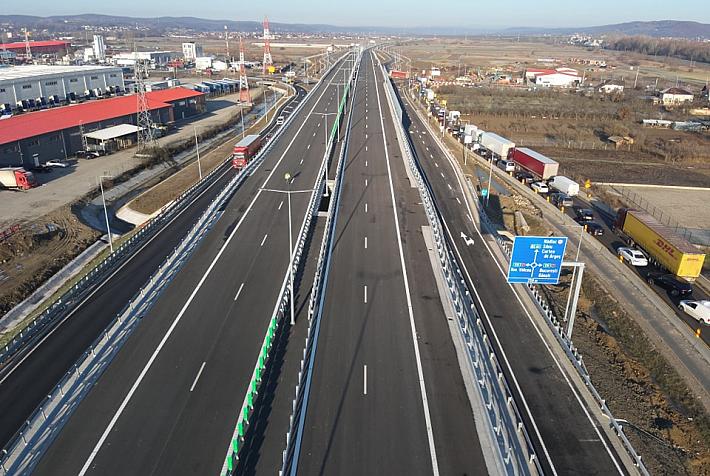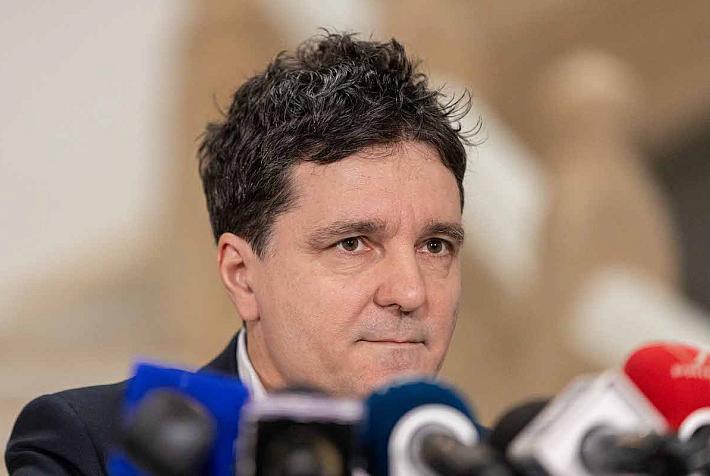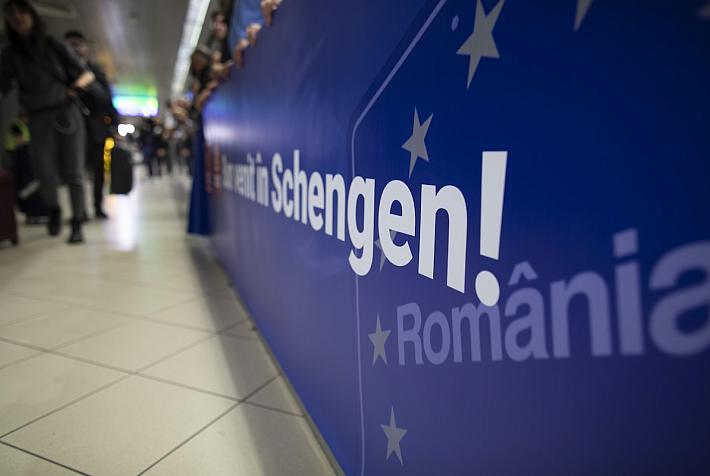Romanian prosecutors seek ways to reverse pardoning of Securitate officers
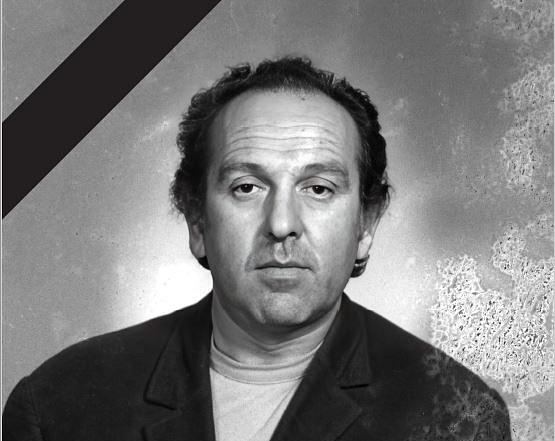
The prosecution office of the High Court (ICCJ) has filed a request for the review of the decision acquitting the torturers of the anticommunist dissident Gheorghe Ursu, who was beaten to death in prison in 1985 for having sent letters to Radio Free Europe and keeping a journal where he recorded the horrors of the communist regime, Digi24 reported.
ICCJ prompted public outrage in July this year by acquitting the officers of the former Securitate communist political police who tortured and allegedly ordered the murder of Ursu.
The prosecutors de facto give ICCJ a chance to correct their decision, bringing more evidence (otherwise notorious at the time of ICCJ's ruling) that might allow the reopening of the case. They brought to judges more details about the "functioning of its repression apparatus, but also of the other institutions of the [communist] regime."
Thus, on October 20, 2023, a documentary material prepared by the Institute for the Investigation of the Crimes of Communism and the Memory of the Romanian Exile (IICCMER), in its capacity as a government agency specialized in the investigation of the crimes of communism, in collaboration with the "Nicolae Iorga" Institute of History of the Romanian Academy, was submitted, accompanied by a synthetic material relating to a survey of the cases of violations of human rights in Romania in the period 1980-1989.
The three judges who pardoned Ursu's torturers (Marin Parvulescu and Vasile Hodis) – Valerica Voica, Constantin Epure and Alin Sorin Nicolescu – argued in the substantiation note published shortly after the ruling that Gheorghe Ursu was actually not a dissident. He was not in conflict with state authorities because his messages have not reached the public "by any other means" [than Radio Free Europe], and his messages have not prompted consequences "in the external reality," the judges claim.
So far, three people have been convicted for the murdering in prison of Gheorghe Ursu: Colonel (Ret.) Tudor Stănică, who was then the head of the Police in Bucharest, Colonel (Ret.) Mihai Creangă, his deputy, and Marin Clită, Gheorghe Ursu's cellmate.
iulian@romania-insider.com
(Photo source: Facebook/Andrei Ursu)








